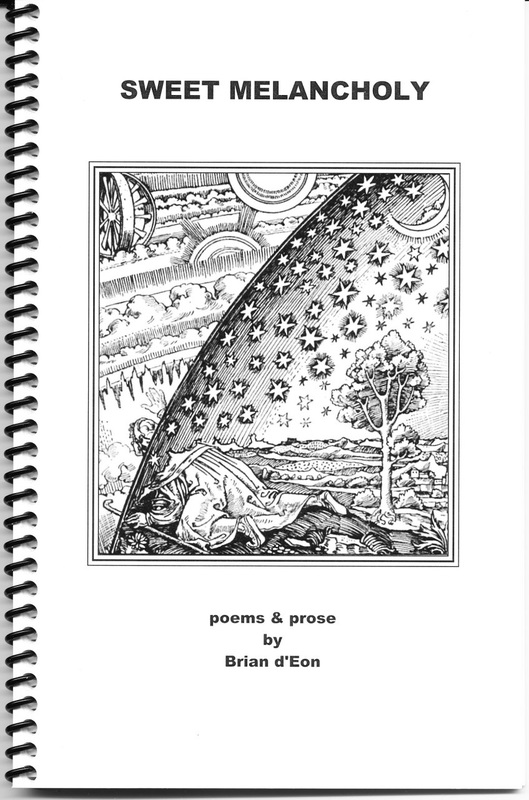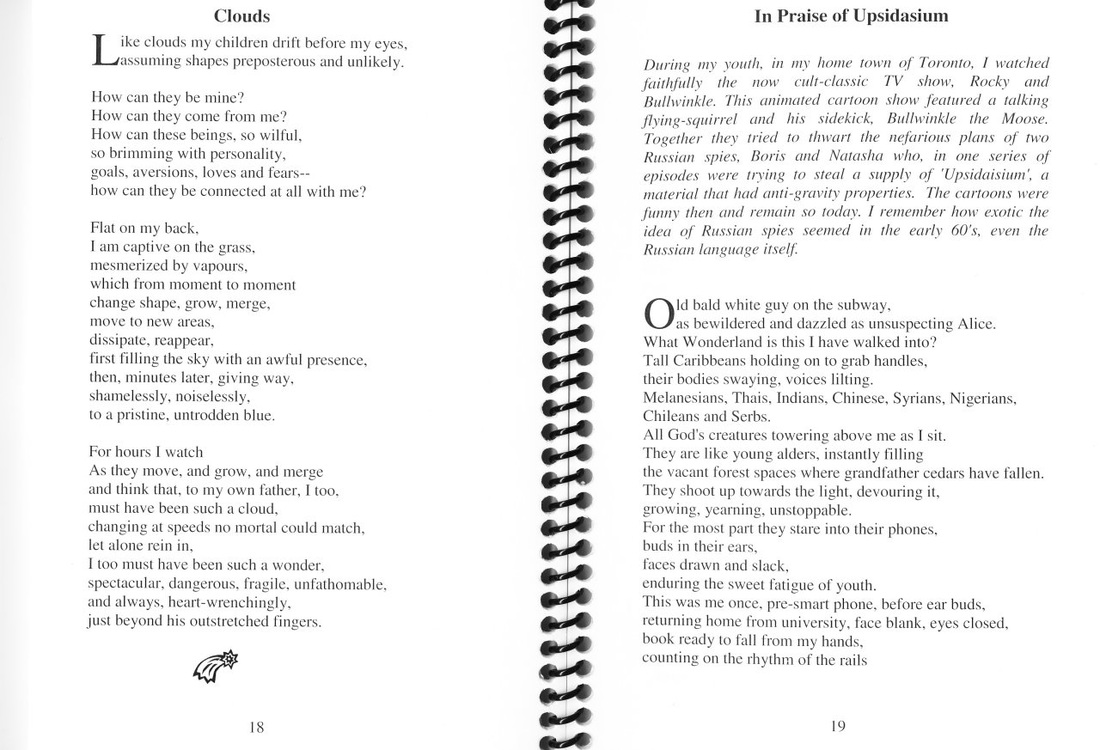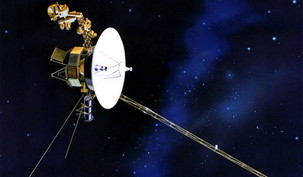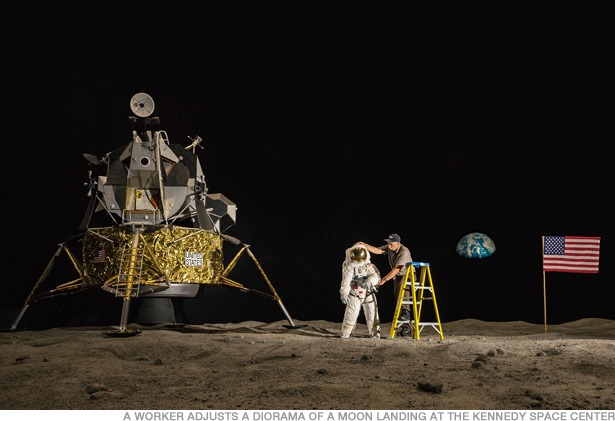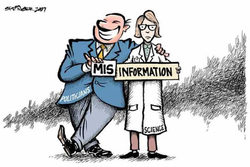 Early in their book View from the Center of the Universe, authors Primack and Abrams debunk the post-modern idea that scientific theory is simply "an opinion about reality, even if it is an educated opinion." (24) This idea is simply wrong, they argue. They point to the fact that there have been many scientific revolutions in physics since the time of Newton, yet none of them have proved Newton to be "wrong". Newton's ideas are not wrong so much as "limited". To the present day, it is still Newton's equations that successfully guide spacecraft to the planets. What is true is that insights by Einstein and others have shown that Newton's equations are not sufficient to explain how the universe works in all circumstances e.g. for objects traveling near the speed of light. But Einstein's theories do not overthrow Newton's, they encompass them. "Science does not simply toss one theory out for another: it makes real progress toward even-larger truths." (26) 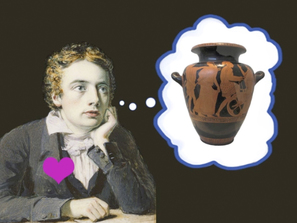 The problem many modern people have in accepting that a true universal cosmology is possible may owes its origins to a very un-modern aesthetic that still lingers in people's minds. John Keats summarizes this viewpoint nicely in his "Ode to a Grecian Urn" when he says, "Beauty is truth, truth beauty--that is all/ ye know on earth, and all ye need to know." A lovely sentiment, but very unproductive when trying to understand the world of quantum physics. In fact, maybe Keats is blameless because he does states that truth and beauty are equivalent on earth. If we restrict this sentiment to things experienced on earth, then we are safe enough. 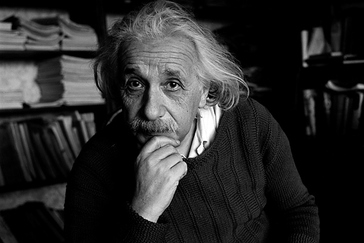 I am a writer. I frequently rely on intuition to give me insights about humankind and the world around me, always on the lookout for both truth and beauty. But intuition is a dangerous strategy to adopt when looking for scientific truth. As Primack and Abrams point out. "The universe is under no obligation to be the way our aesthetic sensibilities might wish or expect."(29) No less an intellectual giant than Albert Einstein fell prey to this faulty thinking when objecting to quantum theory because he couldn't believe God would play dice. Clearly the idea offended his sense of order and beauty. Intuition and common sense are valuable assets in the human tool box, so long as we apply them to terrestrial experiences. But, warn Primack and Abrams, "When we extrapolate such feelings about how things work to the universe, what we are actually imagining is how the universe would work in miniature if it existed on the size scale of our experience. But miniatures never work like the real thing." (31) This is one of the great central ideas of the book. The size scale of things is fundamental in understanding how they work. You cannot, for example, increase an ant up to the size of an elephant and expect it to work, nor do the reverse. 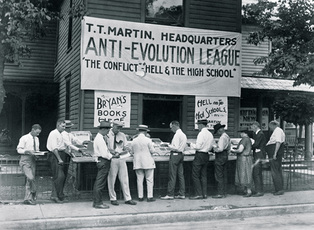 In the March 2015 issue of National Geographic Washington Post science writer, Joel Achenbach, addresses one of the most crucial questions of our age: Why Do Many Reasonable People Doubt Science? Here are just a few quotes from this impressive piece: "We live in an age when all manner of scientific knowledge—from the safety of fluoride and vaccines to the reality of climate change—faces organized and often furious opposition. Empowered by their own sources of information and their own interpretations of research, doubters have declared war on the consensus of experts. There are so many of these controversies these days, you’d think a diabolical agency had put something in the water to make people argumentative." "...as we become scientifically literate, we repress our naive beliefs but never eliminate them entirely. They lurk in our brains, chirping at us as we try to make sense of the world. Most of us do that by relying on personal experience and anecdotes, on stories rather than statistics." "Many people in the United States—a far greater percentage than in other countries—retain doubts about that consensus or believe that climate activists are using the threat of global warming to attack the free market and industrial society generally. Senator James Inhofe of Oklahoma, one of the most powerful Republican voices on environmental matters, has long declared global warming a hoax. 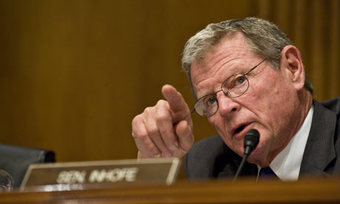 The idea that hundreds of scientists from all over the world would collaborate on such a vast hoax is laughable—scientists love to debunk one another." I hope you'll check out the entire article: The War on Science |
Brian d'Eon, fiction writer: whose work modulates between speculative, historical and magical realism. Categories
All
|
